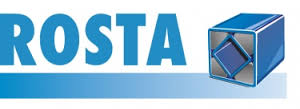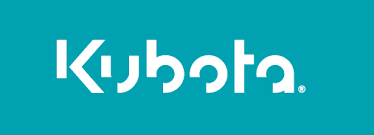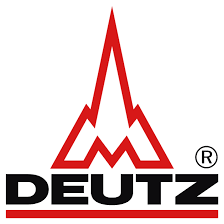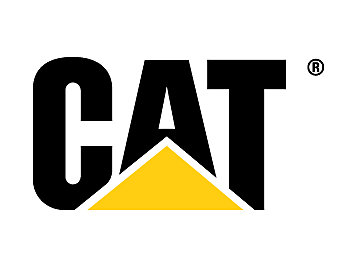
We have been getting lots of calls regarding soil screening and recycling over the past month, one only assumes its in preparation for oncoming good weather (when will it be here?) and a lot of our customers have been asking what mesh is best with regards to screening topsoil, and soil type materials.
Firstly, the tool to use…
Vibrating deck screens
Vibrating deck screens are probably the most popular option when it comes to screening topsoil. The most popular type of vibrating deck on the market is a double deck screen, as its relatively straightforward and provides good productivity (The Ultra Deck screen features a double deck). Material is either fed directly onto the deck using an excavator or loader, or can be fed using a feed hopper which can be mounted onto the top of the screen deck.
Benefits…
The Deck Screen is relatively low maintenance, and easy to operate. As the user is dumping the soil and hardcore onto the deck, the deck riddles the material out and can handle heavy lumps of debris with ease, without causing any damage to the deck itself. It is also quite a fast way to riddle through the material and is high output depending on the mesh you use.
Limitations…
As the deck features a flat bed to screen and riddle the soil, it will struggle in damp/wet conditions and blind over. My advice is, if its raining, find something else to do, or put the kettle on.
Best mesh types
For topsoil materials we recommend anything from 12mm square to 22mm square for finer soils. If the user wants higher output we can also supply a rectangular style mesh (elongated), this will allow a few more pebble type stones in the material, and will help with drainage. It will also deal better with moisture and ensure good throughput rates. For course screening (30mm and above) we can supply heavy duty mesh for the top deck.
Trommel Screens
A trommel screen is a great solution for soil screening, as well as waste screening, compost screening and the screening of moist/stickier applications. It is also (in my opinion) better for removing fines from material, as the rotational function of the screen drum agitates the raw material better. The material feeds from the hopper into the trommel drum to be screened. Over size falls out of the drum whilst fines fall on a fines transport conveyor and get stockpiled.
Benefits…
The main benefit of a trommel is that it handles moist and sticky materials better than a similar size deck would, hence they are popular in soil screening, compost screening and waste screening. The cleaning brush on the drum ensures the trommall mesh stays clean, so it wont easily block up screening damp and sticky materials. The trommel drum action is also better at ‘beating’ the feed material and can result in the reduction of some overs in sods of grass, plastic bags and brittle material.
Limitations
Whilst there is slightly more maintenance on a trommel it is only really suited to softer materials. Heavy rocks and demolition waste may take their toll quickly on the trommel mesh and can cause excessive wear. On particular applications throughput may also be slightly limited.
Best mesh types
We have a range of meshes available for our trommel range. For topsoil and soils we offer anything from 6mm to 25mm square (18mm most popular) and to deal with rough applications such as skip waste and demolition debris we also offer punched steel plate trommel drums for increased durability.
To conclude….
If you are looking for a simple screen for topsoil and aggregates, the Ultra Deck screen is a great choice. If you want to be able to handle topsoil, compost, moist and fine materials with the benefit of a feed hopper the Trommel is a better option. Remember, the choice also depends on the application.
We have machines on different applications all around the country. If you would like more information or have a question about screening call Ultra Plant UK Ltd on 01628 302034, or drop me an email: michael@ultraplantltd.com






